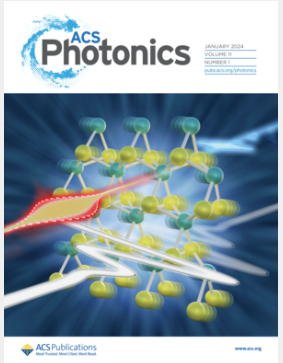自调整数据库系统:自动数据库模式设计和调整的系统性文献综述
IF 6.5
1区 物理与天体物理
Q1 MATERIALS SCIENCE, MULTIDISCIPLINARY
引用次数: 0
摘要
自调整是自主数据库的一项功能,包括自动模式设计问题。它旨在提供优化的模式,从而提高数据库的整体性能。在关系数据库中,自动模式设计侧重于物理模式的自动设计,而在 NoSQL 数据库中,则要考虑所有层次的表示:概念、逻辑和物理。这主要是因为后者大多没有模式,缺乏像 SQL 数据库那样的标准模式设计程序。在这项工作中,我们对 SQL 和 NoSQL 数据库中的自动模式设计进行了系统的文献调查。我们确定了模式设计问题所使用的表示层次和方法,并提出了一种新颖的分类法,用于对不同的模式设计解决方案进行分类和比较。我们的综合分析表明,尽管已经取得了实质性进展,但模式设计仍是一个发展中的领域,需要应对相当大的挑战,特别是对于 NoSQL 数据库。我们强调了分析结果中最重要的发现,并确定了未来研究工作的领域。本文章由计算机程序翻译,如有差异,请以英文原文为准。
Self-tuning Database Systems: A Systematic Literature Review of Automatic Database Schema Design and Tuning
Self-tuning is a feature of autonomic databases that includes the problem of automatic schema design. It aims at providing an optimized schema that increases the overall database performance. While in relational databases automatic schema design focuses on the automated design of the physical schema, in NoSQL databases all levels of representation are considered: conceptual, logical, and physical. This is mainly because the latter are mostly schema-less and lack a standard schema design procedure as is the case for SQL databases. In this work, we carry out a systematic literature survey on automatic schema design in both SQL
and
NoSQL databases. We identify the levels of representation and the methods that are used for the schema design problem, and we present a novel taxonomy to classify and compare different schema design solutions. Our comprehensive analysis demonstrates that, despite substantial progress that has been made, schema design is still a developing field and considerable challenges need to be addressed, notably for NoSQL databases. We highlight the most important findings from the results of our analysis and identify areas for future research work.
求助全文
通过发布文献求助,成功后即可免费获取论文全文。
去求助
来源期刊

ACS Photonics
NANOSCIENCE & NANOTECHNOLOGY-MATERIALS SCIENCE, MULTIDISCIPLINARY
CiteScore
11.90
自引率
5.70%
发文量
438
审稿时长
2.3 months
期刊介绍:
Published as soon as accepted and summarized in monthly issues, ACS Photonics will publish Research Articles, Letters, Perspectives, and Reviews, to encompass the full scope of published research in this field.
 求助内容:
求助内容: 应助结果提醒方式:
应助结果提醒方式:


